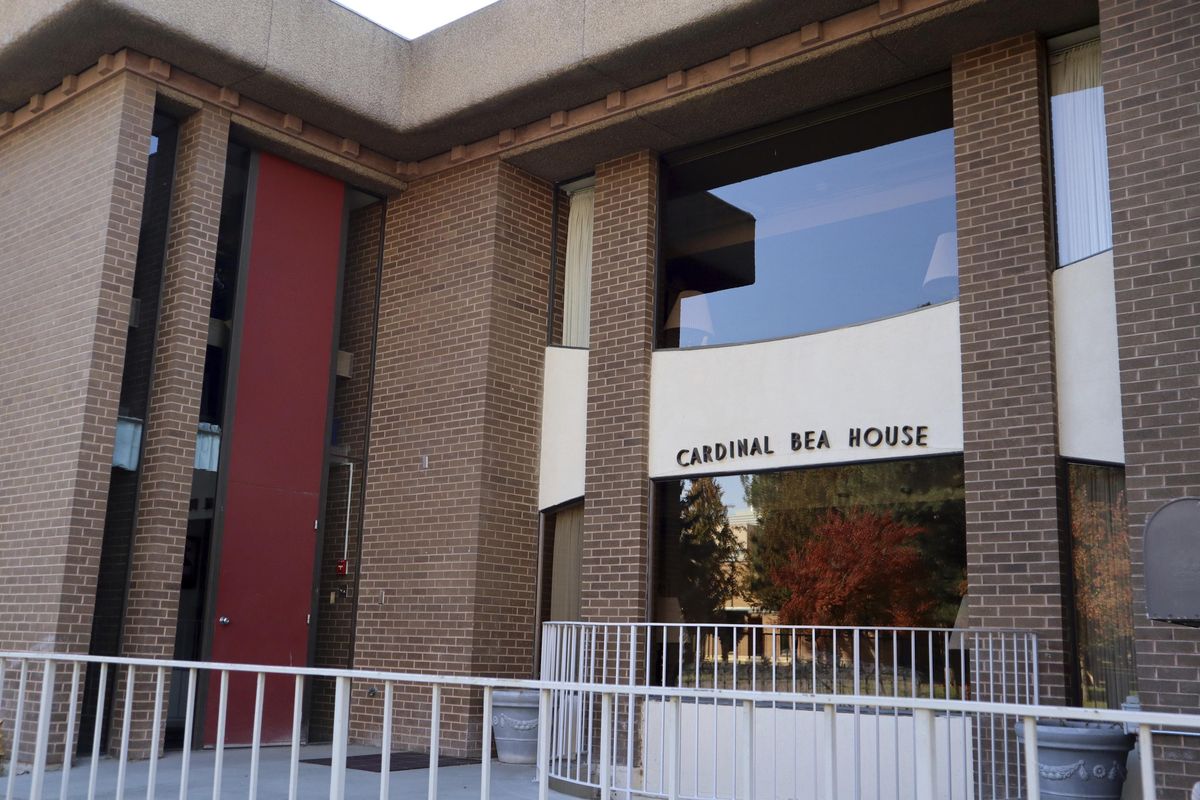Jesuits pledge to stop sending accused priests to Gonzaga

Jesuit leaders promised Tuesday they will never again send a priest to live at Gonzaga University if they are aware of any “credible allegation” that the priest has sexually abused a minor.
The announcement from the Jesuits West Province followed a request for assurance by Gonzaga President Thayne McCulloh in the wake of a story about predator priests being sent to a retirement home on the school’s campus near downtown Spokane.
The last known abusive priest was moved out of Cardinal Bea House in 2016, Jesuit records show.
“Jesuits West guarantees that no Jesuit with a credible allegation of sexual abuse of a minor is currently or will ever be knowingly assigned to Gonzaga University or the Jesuit community on its campus, nor to any Jesuit work of the Province,” the province said in a statement Tuesday.
Jesuits with credible allegations are on “safety plans” and “reside at the province’s senior health care facility, Sacred Heart Jesuit Center, in Los Gatos, California,” the province said, adding the 250-acre facility is on a hill three-quarters of a mile above the city’s downtown area.
“It is supervised 24 hours a day, seven days a week,” the province said.
A “safety plan” is a series of restrictions the Jesuits impose on priests accused of sexual abuse. Such plans generally include restrictions on travel, public ministry and contact with minors, as well as mandatory monthly compliance meetings with a “delegate” or former parole officer, the province said.
According to a story published over the weekend by the Northwest News Network and the Center for Investigative Reporting, the Jesuits sent at least 20 such priests to live out their lives at Cardinal Bea House on Gonzaga’s campus.
The investigative report, which also ran Tuesday in The Spokesman-Review and on the center’s popular podcast “Reveal,” found safety plans did not appear to have been rigorously enforced at Bea House.
One priest, the Rev. James Poole, admitted under oath that he sexually abused indigenous women and girls in Alaska. In a deposition taken while he lived in Bea House, Poole said he regularly went to Gonzaga’s library and basketball games and once had an unsupervised meeting with a female student who came to the house to interview him.
A spokeswoman for the Jesuits West Province, Tracey Primrose, declined to comment on those assertions. The province’s statement said safety plans are reviewed annually by a board of laypeople that includes professionals in law enforcement, psychology and human resources. The plans are also audited by the Texas-based consulting firm Praesidium Inc.
The Spokesman-Review and other news outlets began publishing stories about Poole and his accusers as early as 2004. A front-page story in April 2005 began: “A woman in Anchorage, Alaska, received a $1 million settlement this week for the alleged childhood abuse she suffered at the hands of a Jesuit priest now retired in Spokane.”
McCulloh, who joined Gonzaga’s staff in 1990 and became president in 2010, said in a statement Monday: “It was not until 2016, when the province chose to begin relocating a number of retired men to the Sacred Heart Community in Los Gatos, that I learned that among them were Jesuits who had been on safety plans (and were moved).”
Also Tuesday, Primrose said the province will impose a new restriction on access to its document archives because they contain “sensitive personnel records.” Primrose said any requests for records now will be vetted by a San Francisco attorney, Paul Gaspari, who has defended Catholic institutions from sexual abuse claims for at least two decades.
The “Reveal” story also raised questions about the Rev. Frank Case, a prominent Jesuit who is currently a vice president at Gonzaga and chaplain to the men’s basketball team.
In 1989, when Case was head of the Jesuits’ Oregon Province (which later went bankrupt), he endorsed Poole for a job at a Tacoma hospital. Although the first allegations about Poole had been documented by another priest in 1960, Case has said he did not check or did not have access to Poole’s personnel file.
Case, who travels with the Bulldogs, was not in his usual seat at the end of the team’s bench during Tuesday’s game at the McCarthey Athletic Center.